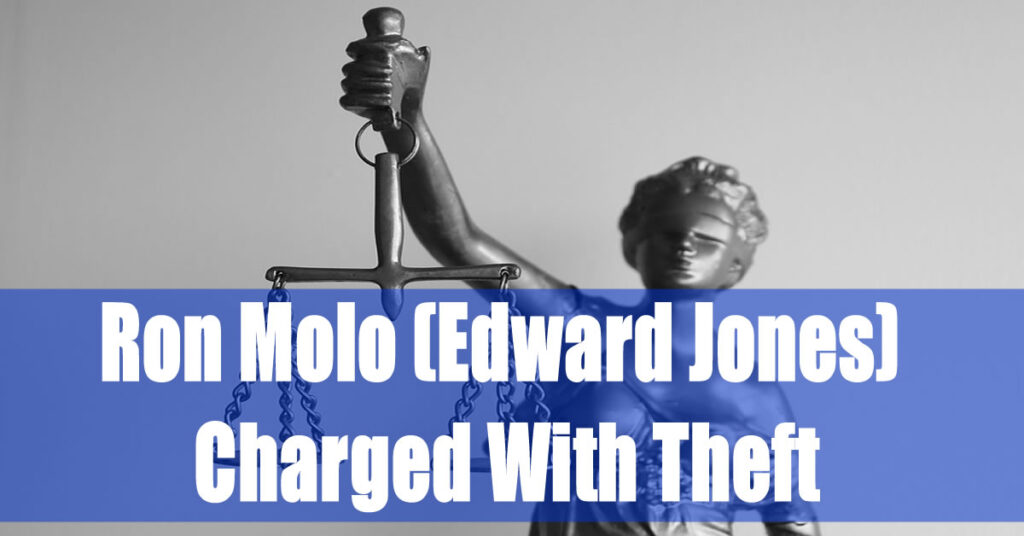As a financial analyst and legal expert with over a decade of experience, I’ve seen my fair share of misconduct allegations in the finance industry. The recent sanctions against Oppenheimer & Co. by the Financial Industry Regulatory Authority (FINRA) serve as a stark reminder of the importance of proper supervision in the world of investments.
According to FINRA, between 2012 and 2017, Oppenheimer failed to reasonably supervise transactions that the firm’s registered representatives placed directly with product sponsors on behalf of firm customers. This violation of NASD Rule 3010 and FINRA Rules 3110 and 2010 resulted in approximately 490,000 direct business transactions involving over 14,000 customers not being reported on Oppenheimer’s daily trade blotter. As a result, the firm failed to reasonably supervise the suitability of these transactions.
The seriousness of these allegations cannot be overstated. As investors, we entrust our hard-earned money to financial institutions with the expectation that they will act in our best interests. When a firm fails to properly supervise its representatives, it puts investors at risk of unsuitable investments that can have devastating financial consequences.
It’s worth noting that Oppenheimer is a well-established firm, having been a FINRA member since 1945. However, even long-standing institutions are not immune to misconduct. In fact, according to a study by the University of Chicago, 7% of financial advisors have a history of misconduct. This underscores the importance of due diligence when choosing a financial advisor or broker dealer.
Understanding FINRA Rules
For those unfamiliar with FINRA rules, let me break it down in simple terms. NASD Rule 3010 and FINRA Rule 3110 require firms to establish and maintain a system to supervise the activities of their registered representatives. This includes monitoring transactions to ensure they are suitable for the customer’s investment profile and maintaining accurate records.
By failing to include nearly half a million direct business transactions on its trade blotter, Oppenheimer effectively bypassed these crucial supervisory steps. This lack of oversight left customers vulnerable to potentially unsuitable investments.
Consequences and Lessons Learned
As a result of these violations, Oppenheimer faces serious consequences, including:
- A censure
- A $500,000 fine
While these penalties may seem like a slap on the wrist for a large firm, they serve as an important reminder of the need for constant vigilance in the finance industry. As the famous investor Warren Buffett once said, “Risk comes from not knowing what you’re doing.”
The lessons learned from this case are clear: firms must prioritize robust supervisory systems and maintain accurate records of all transactions. Failure to do so not only violates FINRA rules but also jeopardizes the trust and financial well-being of investors.
As an investor, it’s crucial to stay informed and ask questions about your investments. Don’t hesitate to request information about your advisor’s background and the firm’s supervisory practices. By staying vigilant and working with reputable professionals, we can help ensure a safer, more transparent investment landscape for all.





